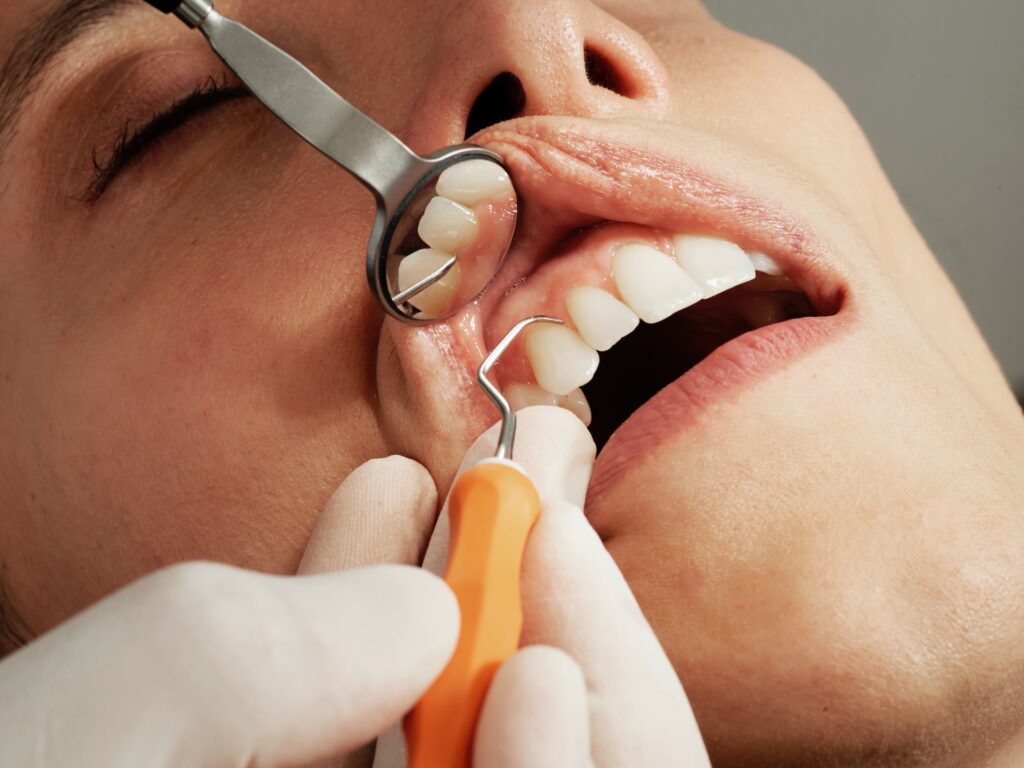When teeth or lost or damaged beyond repair, dental implants can help your smile and improve your health. However, not everyone is eligible for dental implants.
Dental implants are an option to replace missing or damaged teeth, and help create a natural-looking smile free from problems. The implants are inserted surgically in the jaw, with a physical anchor in the jaw bone and a life-like tooth screwed on the anchor.
What could prevent you from receiving dental implants?
While dental implants are a popular way to replace lost teeth and create a more attractive smile for those with tooth problems, this option is not available to everyone. You should consult a specialist in cosmetic dentistry in Bloomfield Hills, but here are some of the reasons implants may not be possible.
- Gum Disease: Healthy gums are required for dental implants, so gum disease can be a problem for those interested in implants. The infection that causes gum disease can interfere with the integration required for dental implants to anchor in the jaw bone.
- Jaw Bone Structure: Dental implants require a healthy bone structure in the jaw for support. If there is bone loss or structural issues, this can prevent dental implants from being used. Gum disease can lead to bone loss, which can create problems with jaw bone structure.
- Bruxism: Also known as teeth grinding, this can cause problems with your gums, teeth, and jaw. This condition also can create problems for the use of dental implants that your dentist must consider before the procedure.
- Pre-Existing Health Conditions: Certain conditions, such as diabetes, rheumatoid arthritis, or an autoimmune disease, can lead to problems with slower healing that can interfere with dental implant fusing or integration with the jaw bone. Other conditions that can affect an implant’s success are cancer, irradiated jaws, certain medications, alcoholism, and other ailments.
These conditions could affect your jaw bone’s ability to successfully anchor a dental implant and to properly heal from the procedure. It’s important to discuss your health condition and dental history with your dentist before moving forward with dental implants. This will help determine if dental implants are right for you.
Is poor oral health a barrier to dental implants?
Patients who do not have access to or for whatever reason are unable to practice good dental hygiene may not be good candidates for dental implants. Poor oral hygiene may be the result of a limited range of motion, when someone is impaired or has limited ability to care for their teeth and gums properly. It may also be a result of poor dental hygiene that has accumulated over the years.
This can be a problem for someone seeking dental implants because the ability to perform proper dental hygiene is crucial in the healing and osseointegration following a dental implant procedure. Regular dental cleanings and adopting good dental hygiene will increase the odds of success for dental implants.







